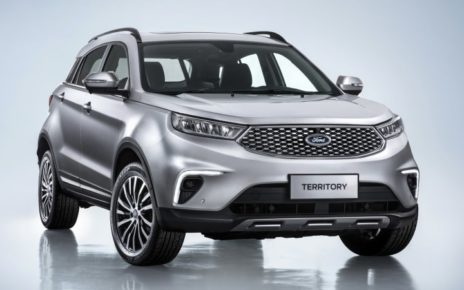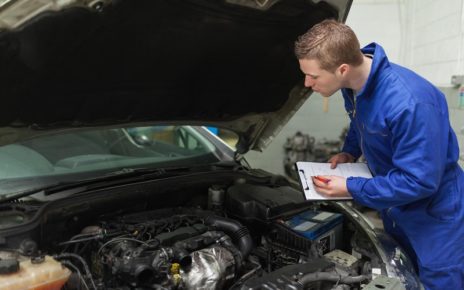There is no feeling as exciting as well as overwhelming as buying your first car. Your first vehicle is something you would want to cherish for long. While we take every possible measure to ensure a safe and secure drive when on the road, sometimes accidents are inevitable. In such scenarios, a car insurance policy comes as a savior.
Currently, in India, it is mandatory for every car owner to buy a third-party liability only insurance. This policy provides coverage for any damage caused to third party vehicle and person in case of an accident. However, it does not provide any coverage for your vehicle against accidental damages. If you are looking to provide protection to your vehicle along with third party liability, it is recommended to buy a comprehensive long term car insurance policy. It is a policy that provides dual coverage for a period of 3 years. It gives you freedom from annual renewal, vehicle inspection and paperwork to be carried out every year. Although the premium for this policy will be higher initially, its coverage will be beneficial in the long run.
Wondering how the premium for this policy is calculated? Read on to find the factors that impact motor insurance premium in India:
Age and Model of the Car
Naturally, a low-end model of vehicle will have a lower premium as compared to a luxury vehicle. Similarly, a car with higher engine capacity will call for higher premium as compared to a model with low engine capacity. This is in direct correlation with the coverage amount you will be seeking for the vehicle. The higher the cost, the more coverage you will want, resulting in a higher premium. A vehicle which is large is size will have a higher premium too.
Also, the IDV (Insured declared value) would be less if your vehicle is old, resulting in low premium.The same will be more for a brand new vehicle.
Car Safety Rating
Owning a vehicle that has high safety rating means that the vehicle has lower chances of accident and hence you will need to pay lower premium. However, a car with lower safety rating will usually result in an increase of premium. The safety rating of a vehicle is dependent on various factors such as airbags, automatic seat belts and traction control. These factors make a car safer, making it less accident prone. Also, if these safety measures are in place, in case of an accident, the chances of passengers being safe inside will be high. As a result, the car’s insurance premium will be lower.
City/Area of Registration
While the insurance premium is generally the same across a state, there are specific zones where the chances of accidents are very high. If your car is registered in any such zone, it may affect your insurance premium significantly. In the worst cases, the insurance coverage might be denied too.
Private versus Commercial Vehicle
A vehicle which is used for personal commuting will naturally be used less and will attract a lower premium as compared to a car which is used for commercial purposes. The difference can be significant. Also, if a private vehicle has more distance covered, its premium might be high.
Insured Declared Value (IDV) of the Car
IDV is the net insured value of your car and is the maximum amount that the Insurance Company will pay at the time of vehicle damage, theft or burglary. IDV decreases with increase in the age of the vehicle and hence results in a lower premium for older vehicles.
No Claim Bonus (NCB)
If you have not made any claims in the previous financial year, you will get an NCB discount on the premium of the current year. It can be a deduction of up to 20% on your annual premium. On the other hand if you have made a claim, you will be charged full premium which will cost you a lot.
Safety Gears
If your car is equipped with high-end and sophisticated safety devices that reduce the chances of car-theft, then you will get a discount on your insurance premium.
Driving History
If you have a history of accidents or have made more than one insurance claim in the past, the insurance company takes that into consideration. It is a sign that you are more likely to make a claim as compared to another driver with no similar history. If your driving history is poor, there are chances that some insurance companies might refuse to give you any coverage.
Insurance Company
While all the above mentioned factors are collectively responsible for deciding the car insurance premium, the rates may vary from one insurance company to another. It also depends on the company’s policies, discounts, etc.
These are some of the major factors that affect the premium of car insurance. While there is an annual renewal of premium in case of regular policy, a long-term policy will have a consistent premium for three premiums and there won’t be any yearly deduction on IDV. Also, if you have purchased health insurance, home insurance or life insurance, from the same company, chances are that the insurance company will offer you additional discount to lower the premium.





